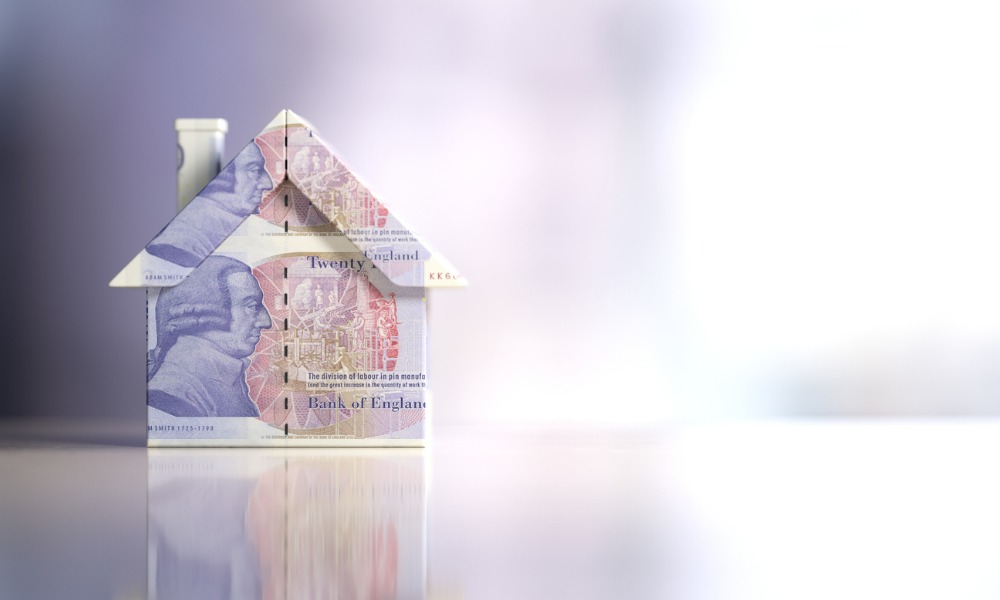Find out if the red-hot pace of increases has continued…

House prices continue to rise, but the latest Halifax House Price Index saw the slowest rate of growth since the start of the year.
The average house price in the UK was £289,099 in May, hitting yet another record high. It was up 1% or an equivalent of £2,857 compared to the average in April, and has now risen for 11 consecutive months.
“Despite the very real cost of living pressures some people are experiencing, the imbalance between supply and demand for properties remains the primary reason driving the continued climb in house prices,” Russell Galley, managing director at Halifax, said.
Annual price growth also remained in the double-digits, at 10.5%, although Halifax noted a decelerating overall pace.
“The housing market has begun to show signs of cooling. Mortgage activity has started to come down and, coupled with the inflationary pressures currently exerted on household budgets, it’s likely activity will start to slow,” Galley said.
“So, there is perhaps one green shoot for prospective purchasers; with overall buying demand down compared to last year, we may be past the peak sellers’ market.”
Jeremy Leaf, north London estate agent and a former RICS residential chairman, remarked that the cost-of-living crisis and successive interest rate rises are finally starting to affect the housing market.
“Prices are still rising but not as rapidly as they were a few months ago. However, a correction seems unlikely while stock remains so low, particularly of property in most demand such as three- and four-bedroom family houses,” he said.
Read more: What’s fuelling house price growth?
For Andrew Montlake, managing director of mortgage broker Coreco, the property market is out of sync with economic reality.
“Everything suggests prices should be coming down and still they rise, if not at quite the same rate as April. However, the house price boom and sellers’ stranglehold on the market will soon be over as inflation takes hold and people’s confidence and spending power are hit,” Montlake said.
“Few can deny that there is now a phenomenal economic storm blowing in and the lack of supply may not be enough to protect prices.”
There is a sense that the housing market is at a crossroads, according to Nicky Stevenson, managing director at estate agent group Fine & Country.
“While there remains a strong appetite among existing homeowners to trade-up, the supply crunch which has driven record growth in the recent past is slowly starting to ease. As the imbalance between supply and demand continues to narrow, annual gains are expected to soften further in the months ahead,” Stevenson explained.
Read more: Housing boom could end soon - Nationwide
Meanwhile, the latest Halifax house price report also revealed that Northern Ireland was top among the regions this month for annual house price inflation, with prices rising by 15.2%, equating to an average of £185,386.
Overall, nine regions of the UK registered double-digit annual inflation, with only Yorkshire and the Humber, Scotland, and London in single figures. Nonetheless, buying a home in the capital today would still require £541,942, on average.
In Scotland, house price growth continues to underperform relative to the UK average, with annual inflation at 8.3%. A home in the country now costs an average £198,288.
Halifax also revealed that over the past decade, the cost of a home has risen by 74%, or by £123,016.
The strongest inflation has been in London (84.2%), followed by the East of England (84%) and the East Midlands (82.1%).
In cash terms, London house-hunters now need £247,638 more than those looking 10 years ago. Those in the East of England need £153,930 more, and the East Midlands £108,116.



